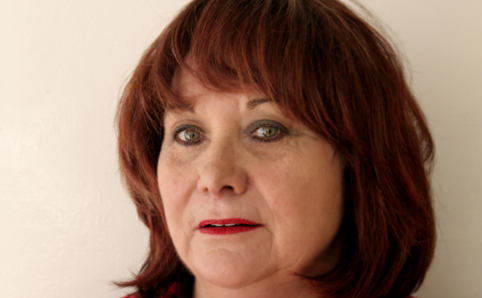|

|
|
Prof Daniella Coetzee, Dean of the School of Open Learning at our South Campus
|
The University of the Free State (UFS) established a School of Open Learning at the South Campus in Bloemfontein. The activities of the new school are driven by a central principle: opening up access to those who have not had the opportunity to study at a higher-education institution because of geographical location, socio-economic circumstances or other factors. Programmes are delivered through a blended-learning model, which blends contact teaching with distance education. A new dean, Prof. Daniella Coetzee, was appointed to guide the establishment of the school.
The school will collaborate with the different faculties, and is currently managing the continuing education-sponsored endeavours of the Faculty of Education. These include projects for in-service training of teachers in Mathematics, Natural and Physical Sciences, Languages, Literacy, Economic and Management Sciences, Technology and various areas of Management and Leadership.
Apart from the training of currently serving teachers, the school and the Faculty of Education are also involved in the professional training of FET-college lecturers, and have recently been awarded an R17m injection by the Flemish Government to develop programmes and to further deliver in this area.
Collaboration with the Faculty of Law has also led to the prospect of managing a B.Iuris. programme aimed at the police force, commencing in 2012.
The University Preparation Programme (UPP), offering particular generic and optional subjects for students to enter into the formal university programmes, will also form part of the School of Open Learning.